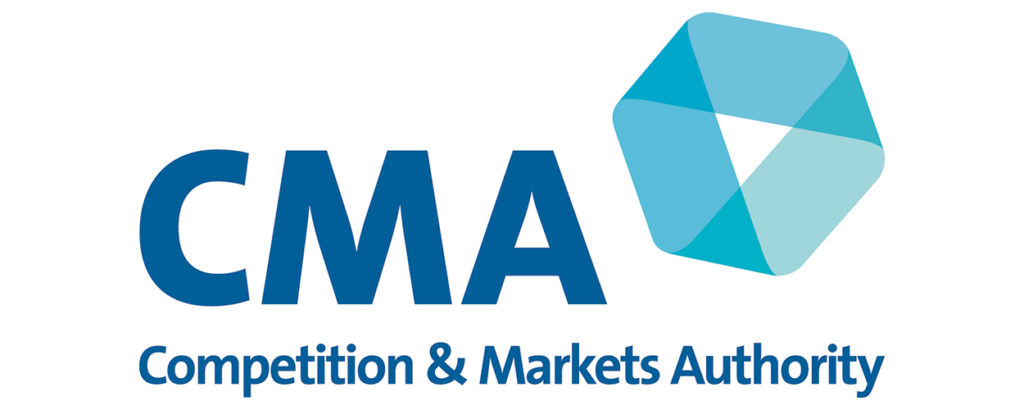This website uses cookies so that we can provide you with the best user experience possible. Cookie information is stored in your browser and performs functions such as recognising you when you return to our website and helping our team to understand which sections of the website you find most interesting and useful.
CMU Digest
CMU Digest 25.10.21: CMA, UK Music, CRB, IFPI, Kobalt
By Chris Cooke | Published on Sunday 24 October 2021

The key stories from the last week in the music business…
The UK’s Competition & Markets Authority announced it was launching a market study into the streaming music business. Such a study was a key ask of the Musicians’ Union, Ivors Academy and #brokenrecord campaign during the economics of streaming inquiry in Parliament, and was also recommended by MPs in their report at the end of that inquiry. The CMA is yet to define the actual scope of the study, although in Parliament it was suggested the focus should be the dominance of the majors in both recorded music and music publishing, and whether that has skewed the streaming market and how streaming revenues are shared out. [READ MORE]
The COVID-19 pandemic wiped out 69,000 music industry jobs in the UK and resulted in the music industry’s contribution to the UK economy slumping by 46%. That’s according to new figures from UK Music. About one in three music industry jobs were lost as the pandemic forced the shutdown of live music for nearly eighteen months. And whereas the British music industry’s economic impact – or gross value added – was previously £5.8 billion, in 2020 it slipped to £3.1 billion. However, UK Music says that the industry can return to its previous levels with the right support from government, and to that end it also published a ‘Music Industry Strategic Recovery Plan’ making various requests of ministers. [READ MORE]
The US Copyright Royalty Board published the submissions made to its review of what song royalty rate the streaming services should pay from 2023-2027. American copyright law provides a compulsory licence for the mechanical copying of songs, so the rate paid by most streaming services to songwriters and music publishers is ultimately set by a panel of judges, aka the CRB, every five years. For 2018-2022, the CRB said the rates should go up each year, so that by 2022 it would be 15.1% of streaming revenues, in line with the rate already paid in most other countries. However many streaming companies are still appealing that ruling, meaning Spotify and Amazon’s proposals for 2023-2027 take the 2017 rates as their starting point, which they reckon should more or less stay in place. Needless to say, the music publishers will fight that proposal fiercly in the months ahead. [READ MORE]
The International Federation Of The Phonographic Industry published new stats on music consumption worldwide. The study concluded that digital platforms now account for the majority of music consumption – specifically 68% – although two thirds of that is on free-to-access services like the Spotify free tier, the main YouTube platform, social media and TikTok-style video sharing apps. Premium subscription services – which together account for three quarters of the record industry’s streaming revenues – account for about a third of digital consumption or 23% of total consumption. According to the IFPI’s research, radio currently accounts for 16% of consumption, while recordings that a consumer has bought and owns – so discs and downloads – account for 9%. The remaining 7% comes from things like live music, music on TV, and music shared with friends and family. [READ MORE]
Kobalt confirmed that it had sold its remaining catalogue of owned song rights to a KKR-led joint venture in a $1.1 billion deal. Although Kobalt’s core business is the administration rather than ownership of song rights, it did acquire some catalogues via its Kobalt Capital division. It previously sold off some of those acquired rights to the Hipgnosis Songs Fund, and last week it confirmed the sale of the rest of them to Chord Music Partners, a new JV between investment funds KKR and Dundee Partners. Kobalt will continue to administrate the rights in the catalogue it has just sold. [READ MORE]





